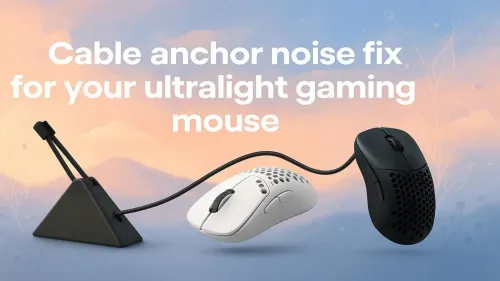
Cable Anchor Noise Fix for Ultralight Gaming Mouse
✦ Eliminate ultralight gaming mouse cable anchor noise. ✔️Simple fixes for smoother, quieter gameplay. Don't let noise distract—boost your gaming.
Discover smart devices that work flawlessly without WiFi 🚀. Our expert guide saves your bandwidth while boosting home efficiency. #TechSmart
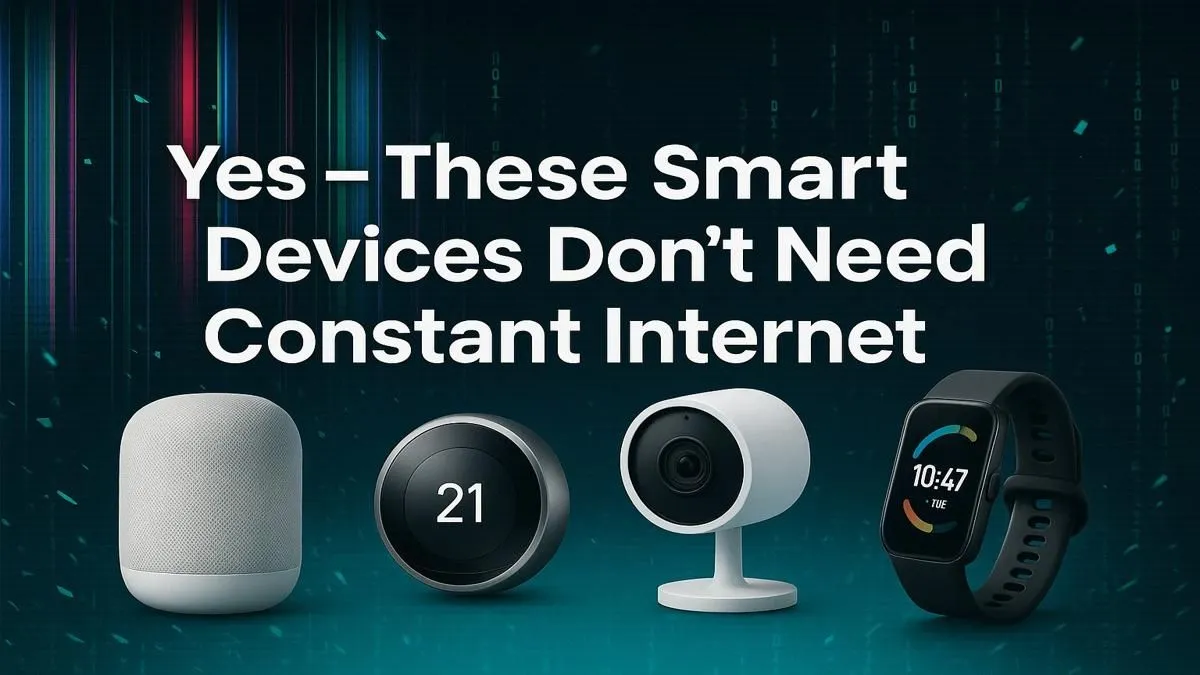
Load shedding hits, your fibre connection drops, and suddenly your "smart" home feels... well, pretty dumb. Your lights won't respond, your automations fail, and you're left fumbling in the dark. What if your gear didn't need the cloud to function? We're diving into the best smart devices without internet dependency, giving you bulletproof control over your home. It’s time for a setup that’s truly smart, even when the grid isn't. ⚡
Most smart devices you buy connect directly to your Wi-Fi and then to a server somewhere on the other side of the world. This is simple, but it has major weak spots. When your internet goes down—a familiar story for many of us in SA—that connection is severed, and your device becomes a paperweight.
Choosing smart devices that work without internet means your commands are processed locally, right inside your home. They use protocols like Zigbee or Z-Wave to talk to each other and to a central hub.
The benefits are huge:
So, how do you spot these offline heroes? Look for keywords like "Zigbee," "Z-Wave," or "Requires Hub" on the product description. These are the tell-tale signs of a device designed for local control. This doesn't mean they can't use the internet—they often can for things like firmware updates or remote access—but their core functions don't rely on it.
You can get started without breaking the bank. Many essential gadgets like smart plugs and sensors are surprisingly cheap. Exploring affordable smart gadgets under R600 is a great way to dip your toes in without a massive commitment.
To ensure devices can talk to each other, try to stick to one protocol. Zigbee is often faster and more common in consumer tech, while Z-Wave has a longer range. Mixing them is possible with an advanced hub, but starting with one makes life easier.
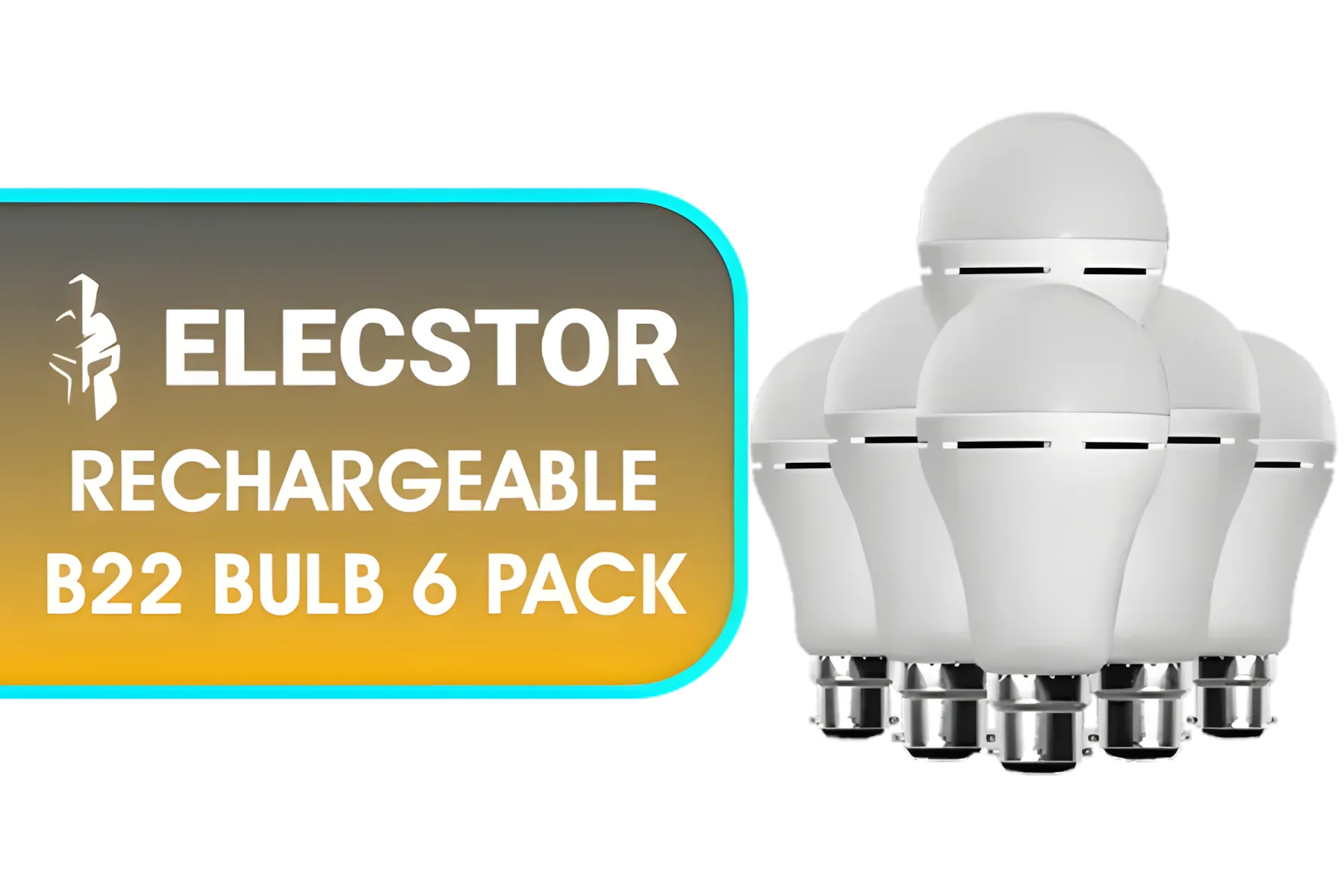
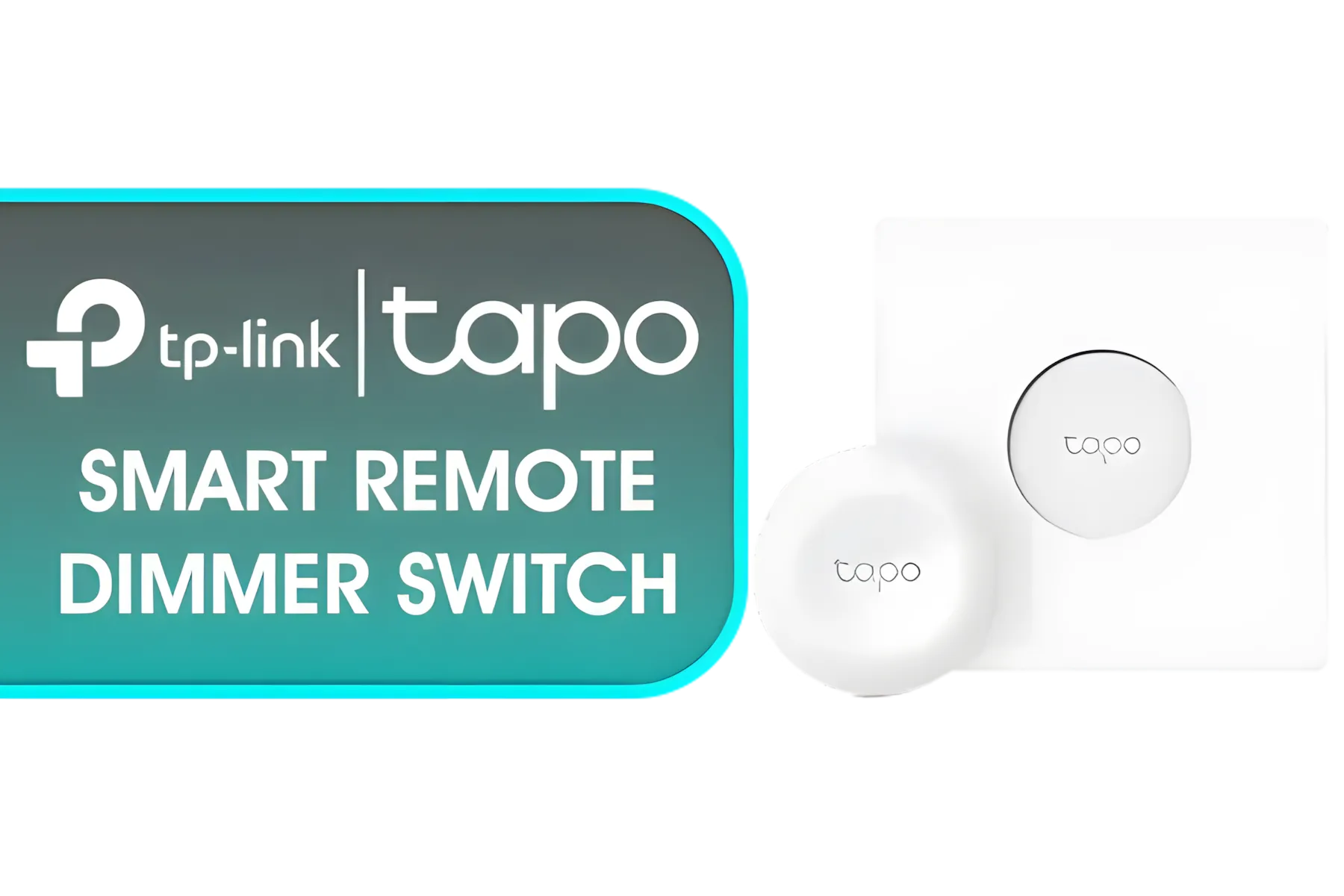
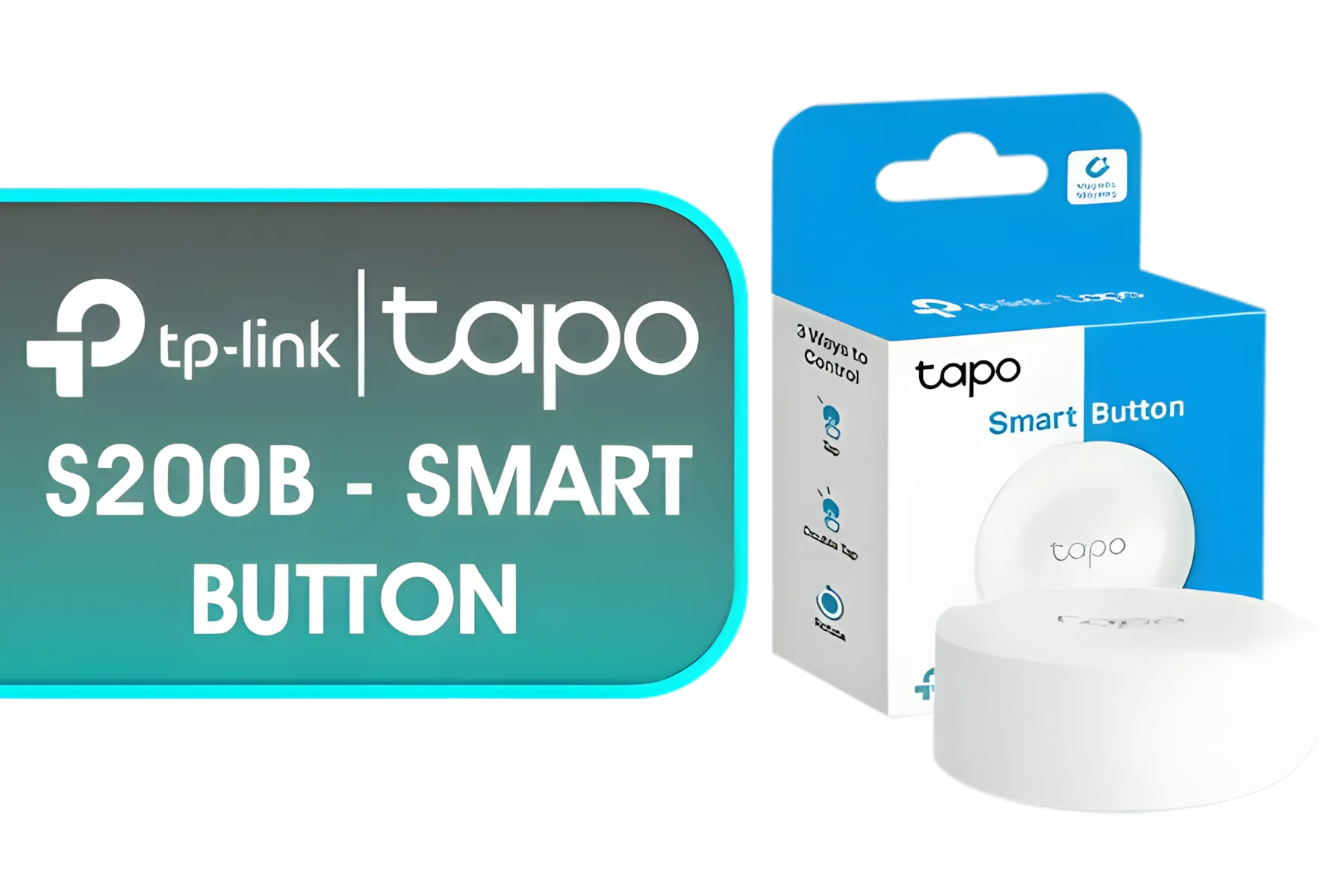
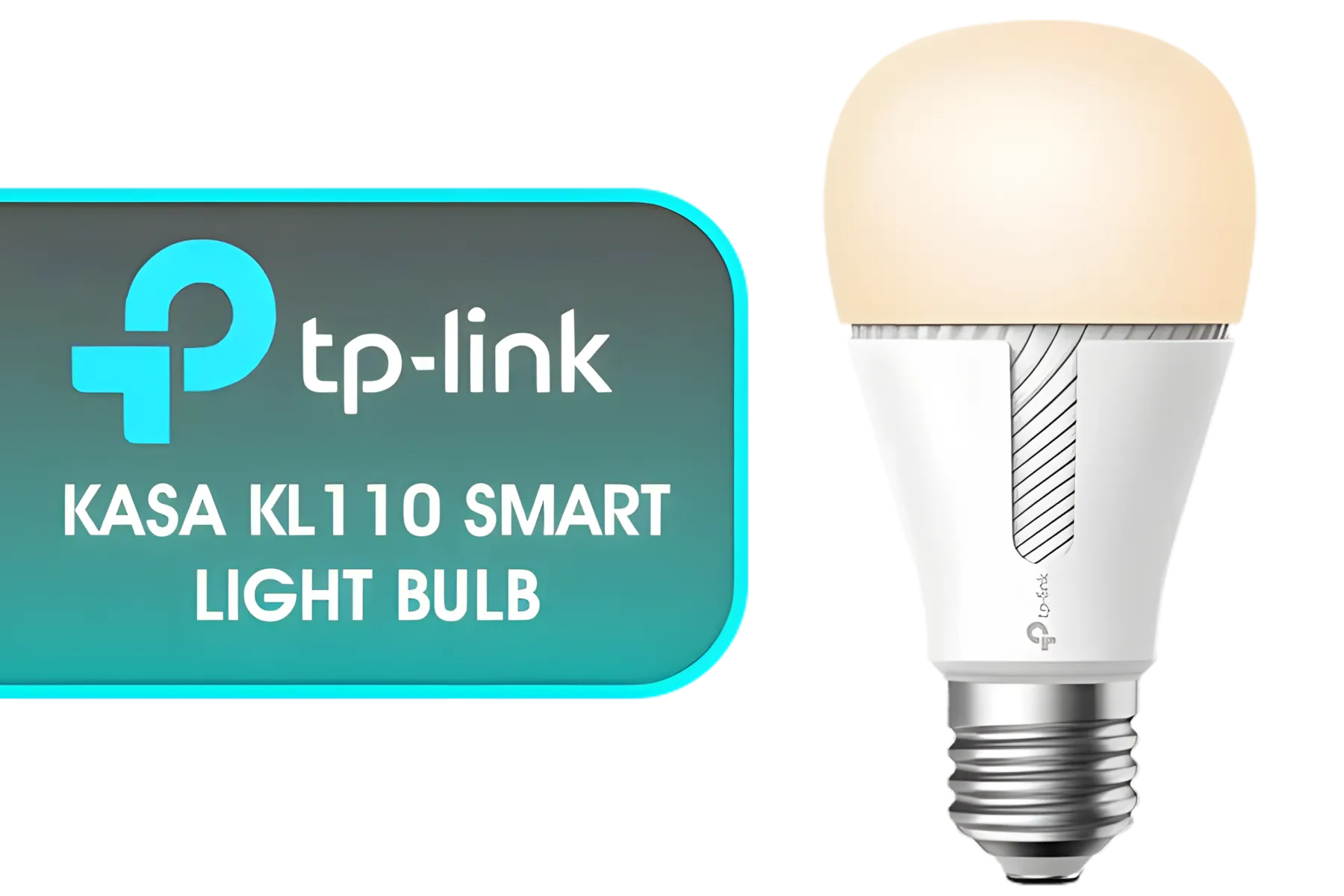
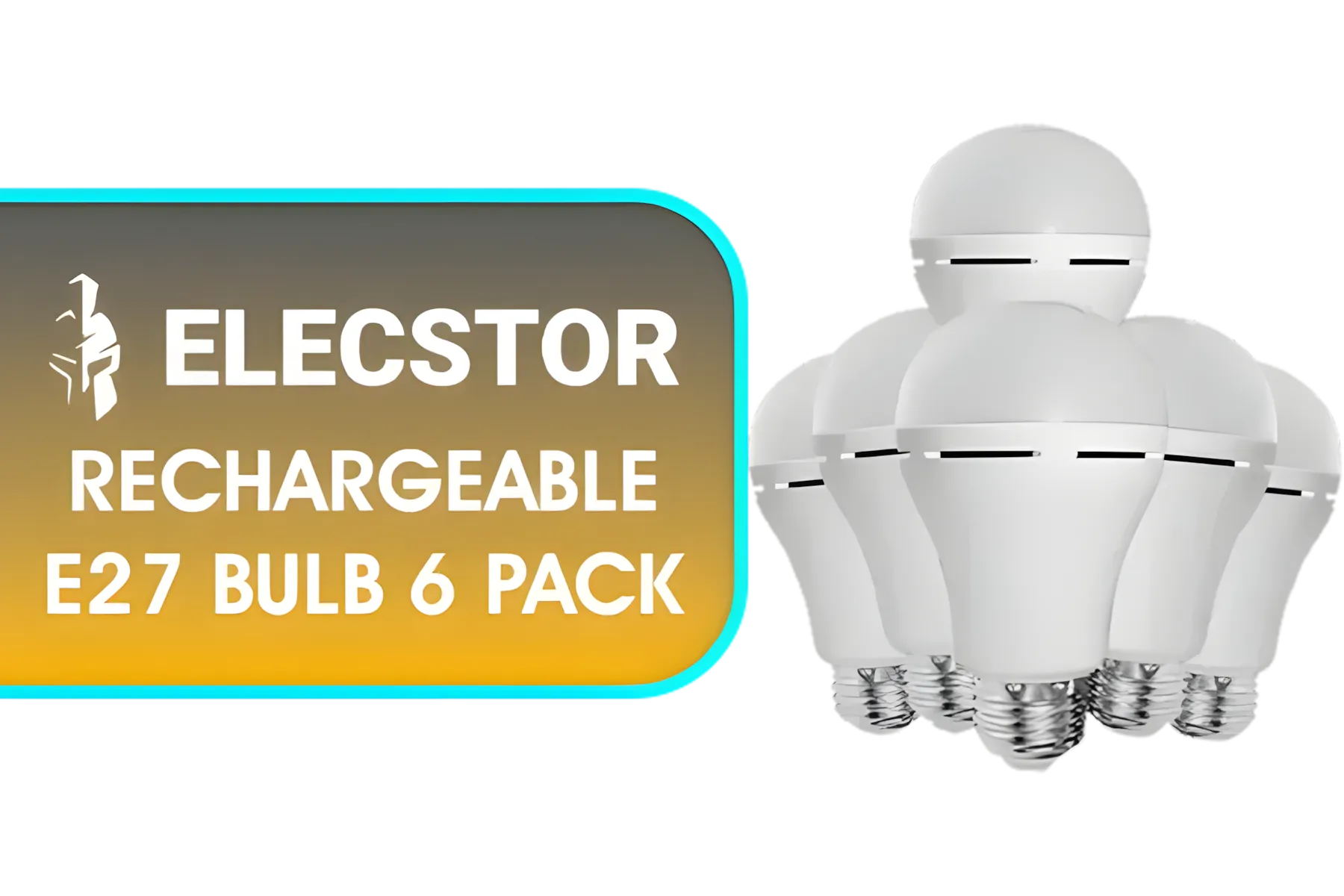
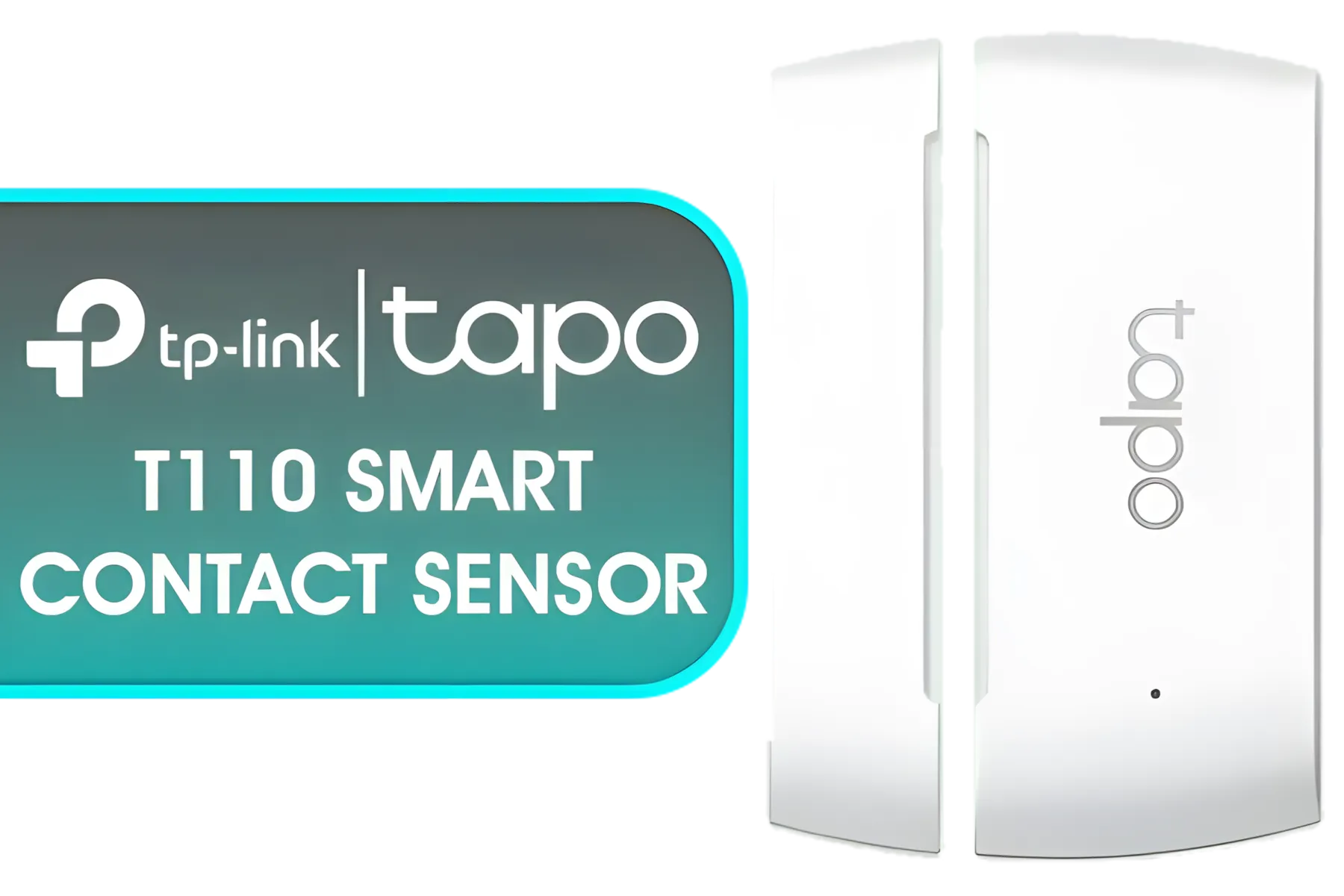
Building a robust, offline-first smart home is about choosing the right components. You don't need to replace everything at once. Start with the basics to get the biggest bang for your buck.
This is ground zero for most smart homes. Smart bulbs and light switches that use Zigbee can be controlled instantly from a local hub or remote. Imagine your lights automatically turning on when you enter a room, every single time, with zero lag.
These are the unsung heroes of home automation. 🔌 A smart plug can make any "dumb" appliance smart. Plug in a fan, a lamp, or even your coffee machine, and you can control it locally. It's a simple, powerful way to expand your system. If you're looking to control heavier appliances or build more complex automations, you'll find plenty of more advanced local-control options to level up your setup.
For true automation, you need sensors. These tiny devices are the eyes and ears of your smart home. A door sensor can trigger your entrance lights, while a motion sensor in the passage can light the way at night. Because these automations run locally, they are lightning-fast and ultra-reliable.
A proper offline system is one of the best smart devices without internet dependency strategies you can implement. It’s less about individual gadgets and more about creating a tough, interconnected ecosystem that serves you, not a distant server. 🏠
Build a Smarter, Tougher Home Stop letting flaky internet or load shedding dictate how your home works. Take back control with reliable, fast, and private smart tech that just works. Explore Evetech's full range of smart home appliances and build a home that's resilient by design.
Thermostats, lights, and sensors can operate locally using Bluetooth or Zigbee. 🌟
Yes! Local processing reduces cloud vulnerabilities. 🔐
Use hub-based systems or direct device connections via smartphone apps. 📱
Limited functionality exists with local commands. ⚠️
Improved privacy and zero bandwidth usage! 🚀
Eve Systems, Philips Hue (local), and ecobee offer excellent solutions. 💡
Yes, through local hubs or app-based scheduling. ⏰